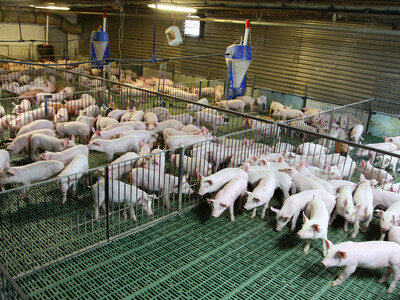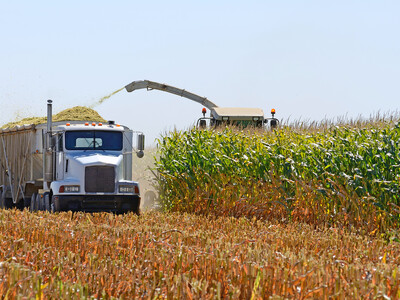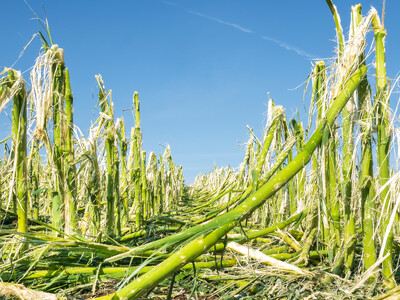Lack of Sulpher in Crops Becoming More Widespread

Lorrie Boyer
Reporter
“There are three main reasons that we're seeing sulfur deficiency. We used to have natural sulfur deposition from the atmosphere, and then we had the Clean Air Act come out, and that cleaned up our smokestacks, which meant we were putting less sulfur in the atmosphere, and therefore less for it to naturally deposit onto the fields. The second thing is that we've gotten better at making sure our fertilizers are more pure. A lot of our phosphorus sources in the past had some sulfur impurities, which, at the time, you know, not slowly a bad thing, meant we were putting sulfur out without quite realizing it. But as we've cleaned up and made our fertilizers more pure, it means we've been putting less of that sulfur out in the background that we maybe hadn't realized. And the last thing that's really driving sulfur responses today are just simply higher yields. And when you have a higher yield, you have a higher nutrient requirement, and therefore we're going to need more sulfur than we used to when yields maybe weren't at the levels they are today. That's why sulfur is suddenly becoming something that maybe we need to start thinking about more so than we used to.”
Sible says there are two primary forms of sulfate applications available to farmers. There's sulfate
based forms, which is plant available, and then there is elemental based, which has to oxidize over time before it becomes plant-available.
















